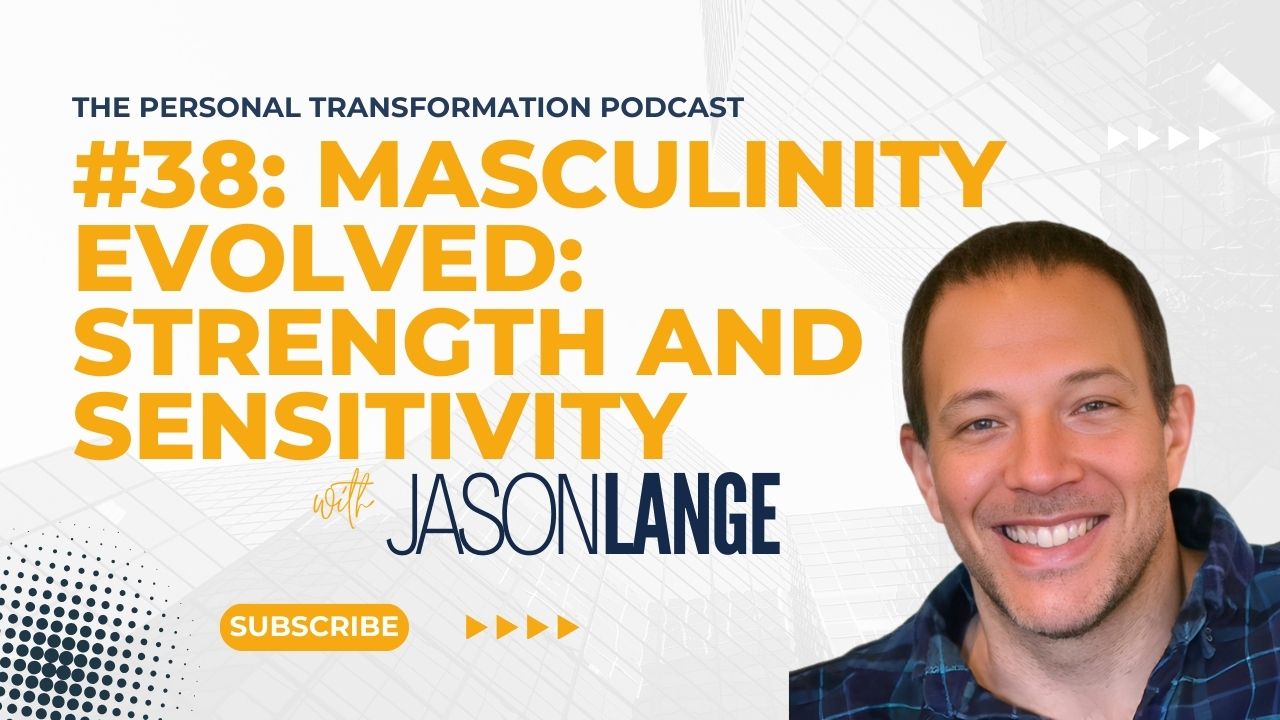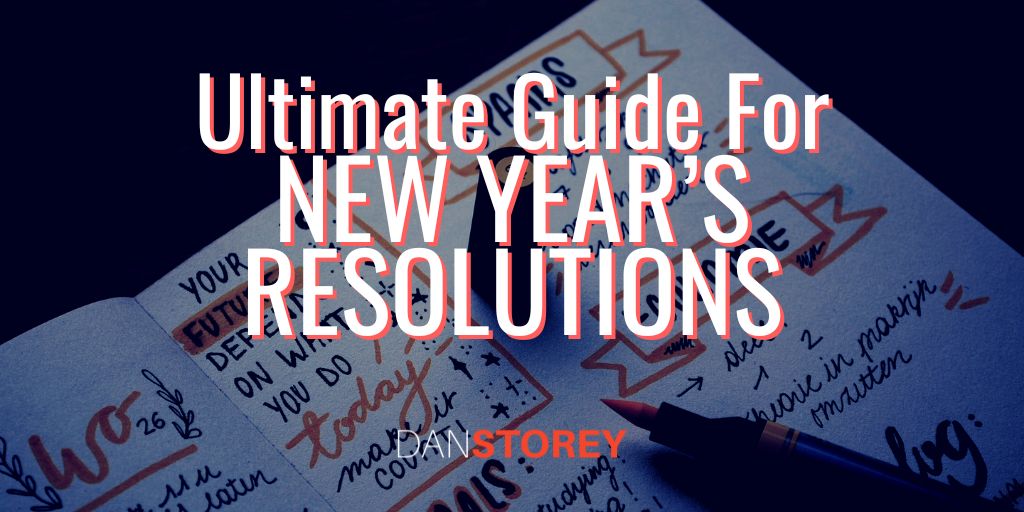We have all been guilty of it. Staying in a job we hate, waking up each day in a loveless relationship or holding onto an investment waiting for it to swing. Eventually they come to an end, either through our own doing or as a result of external factors (getting fired, dumped or made bankrupt!), and when this happens and once the dust has settled, there is usually a sense of acceptance and calm that ensues. It is almost as if we know life is better now that those situations are not part of our lives but knowing the right time to quit is not easy to identify.
So why don’t we quit these situations sooner? Why instead do we hang on to the death, stuck in a paradox of putting in no effort and simultaneously giving it every ounce of our attention. If we know things are going to be better once the situation changes, why don’t we change the situation? Why do we wait until things are too bad, too late or to unbearable to continue?
Optimism. Who knew that would be such a bad word?
Most people are optimistic in their nature so when something bad happens the instinctive reaction is to believe things will get better. The problem is in these situations, optimism isn’t necessarily going to help. Sure the relationship was good, but since they cheated they just haven’t been the same. Sure you used to love you job but now your boss is being a douche and has sidelined you. And yes, some investments go back up over time, bustle don’t. I admire your optimism, but unfortunately this is not the time to be practicing that skill.
Commitment? What about commitment?
Surely we are supposed to remain committed? In sickness and in health? Take the rough with the smooth. Can’t enjoy the sunshine without casting some shadows. (Enough clichés yet?) Again, another positive word but when used in the wrong situation can cause pain and heartache.
So am I saying to leave at the first sign of trouble?
No, sorry, its not that easy either. Many people have gone through adversity and come out stronger on the other side. How many business owners talk about having to bankrupt before they understood how to make a business successful. How about Steve Jobs who got fired from his own company before coming back to rescue it and turn it around. And then there are plenty of people who say that an affair made their marriage even stronger.
So what is the answer? How do you know when it is time to quit and when you are supposed to be putting in the extra effort?
2 questions.
Who are you?
Are they in?
One challenge I have noticed in people in these challenging situations is that they seem to be severely lacking in self esteem. Over time, the turmoil of the situation takes its toll and begins to wear you down, draining your energy and leaching your self esteem. People who were once confident and decisive seek reassurance everywhere and are scared to make any kind of decision. From this position, making a decision to break free is almost impossible. If you can’t answer the question ‘who are you?’ with a positive response and feel good about yourself, this is the first thing you need to address. Often we lose our identities when we get stuck in situations and gradually retreat into that self-imposed pigeon hole. Instead, it is time to remember your true potential and see yourself bigger than the part you are currently playing. I guess this is part of our deepest fear, but when you are stuck in this place, seeing yourself as a strong, independent individual is going to be a stretch. Before you make any decisions, you need to address this question of your self esteem.
The next question assumes that you are in, that you are committed and that you want to see a positive resolution to the problem. If not, your decision has been made and you just need to find the strength to change the situation. Stop waiting for the default outcome to arise, take control of your life and start that next chapter immediately. Accept that there will be an element of hurt and upset no matter how bad things have been but know that this will pass in time.
If you are fully committed, is the other party? Does your partner want to make things work? Is your boss’ vision for you in the company aligned with yours? Is your investment going to work for you without draining your time and energy? A partner who is sitting on the fence is no good to you if you want to make the relationship work. They will end up being a black whole for your emotional energy and no matter how much you put into them it just won’t make a difference until they decide to be in. Your boss may have a great vision for you within the organisation, but if their path doesn’t match your goals then you will end up frustrated and unmotivated. If your vision for yourself doesn’t fit the organisation then you will never be able to squeeze that square peg into a round hole. As for the investment, does the return cover enough for you to pay someone to manage it for you? If you are spending your valuable time, look at the return and ask yourself if you could get a better return on the investment of your time and effort? If the other party isn’t in, isn’t committed and isn’t on the same path as you, then this is not a situation in which you can afford to waste your energy.
As I read back over this, I appreciate it seems a little formulaic, simplified and eliminates the spectrum of human emotions that are integrally connected to these situations. However, I write this for that exact purpose. When we are stuck in our emotions, it is difficult to think clearly. ‘Love is blind’ and until you can find a detached perspective, you will never see it clearly. It is likely that the answer has been there all along and friends and family have been subtly expressing their opinions but until you reduce the emotions, you can’t even hear those words. I don’t write this to suggest living an emotionless life, far from it, but to recognise that occasionally stepping back helps in such situations.
I also realise it doesn’t take into account the concept that people change, so let me address that concern.
Can people change or is it true what they say about leopards? Having been on both sides of the equation, I know the answer to be yes, people can change. However, something usually has to happen to act as a catalyst for this change, and that something is usually pretty bad. For me, it was the full body realisation of the pain I had caused for others, and this experience in my life, as bad as it was, has made me a better person. But to get there, something had to happen to me, and if it hadn’t I could easily be drifting along in limbo to this very day. I am guessing you have given the situation enough opportunities for change and now the possibility of change no longer lies within your control. By living your life and making the decision you need to make, you potentially could cause this change in the situation, but it has to be from the outside, not inside.
So what happens if you take leave of the situation and then the other person changes?
Then I guess you have a choice to make. Are you prepared to go back on your decision? There is nothing wrong with this, as long as at this point you are both committed to the new positive outcome. Many people make this impossible at the end of a relationship by burning bridges in the way they talk to others about the previous situation. Your focus when communicating to others is to be respectful and leave the door open to a possible future, but at the same time be honest about what happened. Also, if you are more sensitive in the way you communicate, you will find you hold onto less negative emotion related to the situation, allowing you to move forward much more easily.
But what if it is too late to change my situation?
I think this common fear comes from a lack of self esteem and belief in yourself, which is only natural after going through what you have experienced. Perhaps you believe that there are no other options out there, or that the situation you are in is as good as it is going to get, or that you won’t be able to start all over again? The fact is that you can always rebuild, and this time round, you’ll be able to do it with the additional experience and clarity of knowing exactly what you want. There are always people and opportunities out there just beyond your comfort zone that will appreciate you more than you can currently imagine.
So how do you communicate that you want out?
There is an art to doing this well. Getting it wrong basically involves finger pointing, blame, anger and aggression. This doesn’t help anyone and leaves you both with negative feelings for each other. Instead, bring the focus onto you. Tell the other person about how you feel rather than point out their flaws. Talk about the decisions you are making and why you are doing it for you, not to get away from them. “I’ve decided I just can’t live my life this way any more. I don’t want to feel this way any more and I know the only way I can do that is create an environment which focuses on building my self esteem and learn to love myself again. The way you behave and treat me just doesn’t support that any more.” Blame takes away your control and ability to change. By taking responsibility for your life and not pointing fingers, you make the separation easier and give yourself permission to move on.
The only thing left to do then is the tough bit… it’s time to quit!
Once that happens, feel free to cry and let the emotion out (yes, that goes for you guys too!). It is natural to feel sadness and regret when a phase of your life is over, but don’t dwell on it. Get started on the process of rebuilding your self esteem immediately. Connect with old friends. Get out to events and meet up groups. Take up a hobby or two. Get back in touch with who you are, not the person you thought people wanted you to be. Explore your passions, do the things that make you happy, have fun again.
I promise you it gets better. You are more valuable than you will ever realise. There are a million people out there waiting for exactly you, so find yourself again and then get out there into the world.



Leave A Comment